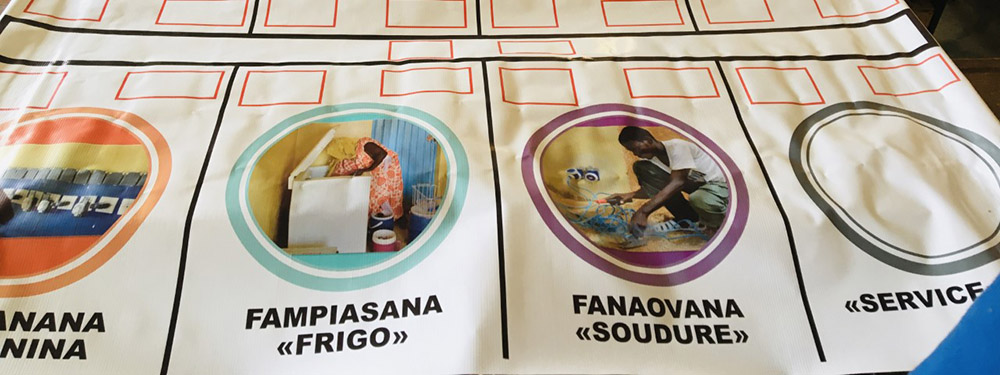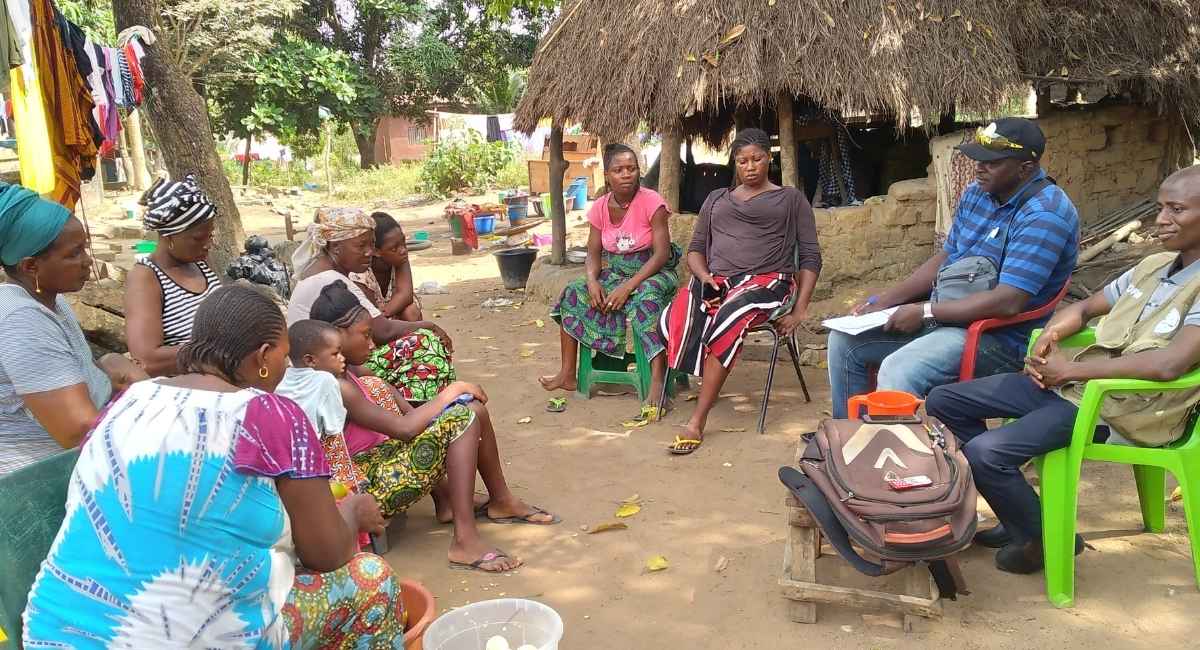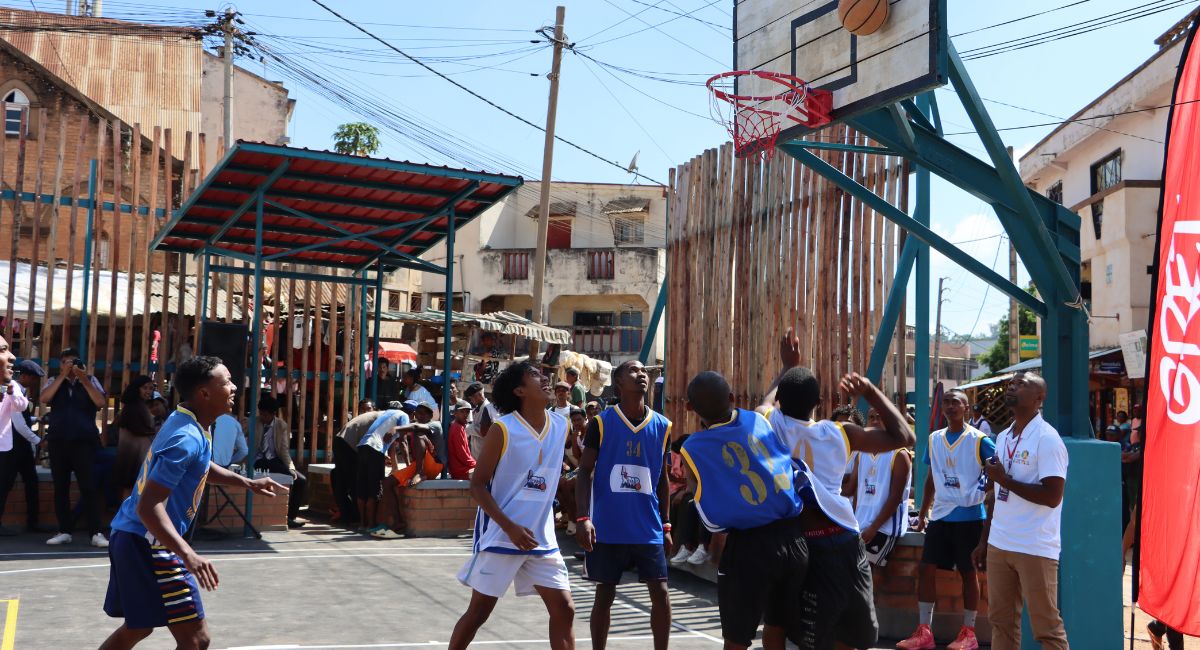Following the signature of a Programme agreement with Agence française de développement (AFD) in 2019, GRET began to consider a commons-based approach in a dozen of its projects. Throughout the year, we will be showcasing these projects, which focus on a variety of subject areas. In this issue: the Rhyviere 2 project in Madagascar.
With the Rhyviere rural electrification project, conducted from 2008 to 2015, GRET’s work enabled 2,500 families in five rural communes in Madagascar to access electricity. This first phase was completed and replicated with the Rhyviere 2 project, funded by the French Facility for Global Environment (FFEM) and the European Union.
Thanks to additional funding provided by Agence française de développement (AFD) through the Programme agreement on the Commons, two electricity generation facilities started operating in Fiadanana (a 5.6 kWc multi-service platform) and Ankitsikitsika (10 kW pico-hydro). These solutions make it possible to ensure access to electricity for 200 households in these remote villages with no connection to the main grid, supplying Camp Robin, Vohiposa and Sahatona (500 kW installed).
While Malagasy regulations provide for management of these small facilities by the concessionary operator, remote sites are difficult to access and not very profitable if the latter needs to have a local team permanently in place. So, GRET proposed delegated local management to the various parties, supporting populations and the operator to jointly define prices and management rules (salaries, maintenance, replacement of material, etc.).
To do this, a board game was designed, enabling future users of the service to play the role of user, manager or operator. Each turn of the game is equivalent to one year, and prices and management rules are defined during each turn. Unexpected events can impact the sustainability of the structure if prices and/or management procedures are not sufficiently robust. A malus such as poor harvests or a cyclone can occur, while bonuses such as an increase in the number of subscribers can be the reward for managing the game well. Technical constraints at facilities are also included in the game, in particular the limited quantity of energy to be shared per day among users.
This game helped future subscribers to appropriate issues relating to electricity generation and the way in which the infrastructure can continue to operate over the long term. The co-construction approach also makes it possible to highlight the community value of the facilities and the benefit of sharing the resource jointly and sustainably. For example, after the game in Fiadanana, prices initially proposed for recharging mobile phones and lamps were increased to 100 Ariary (i.e. 2 euro cents), and a system for discussing management procedures was put in place to readjust rules every three months.






